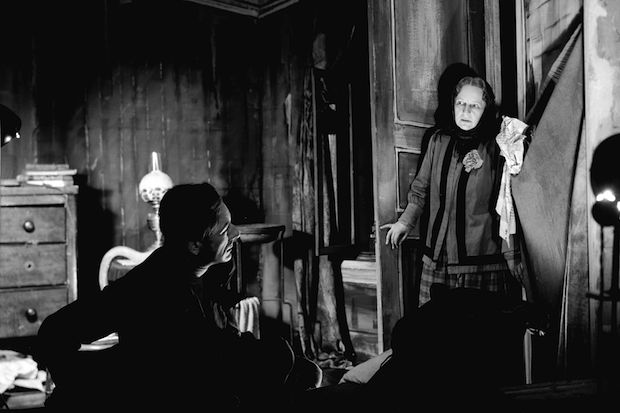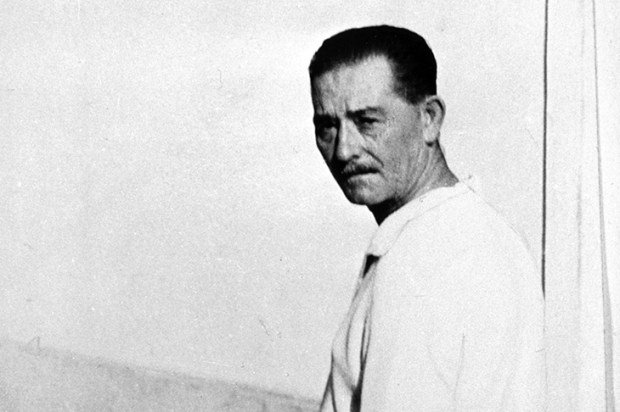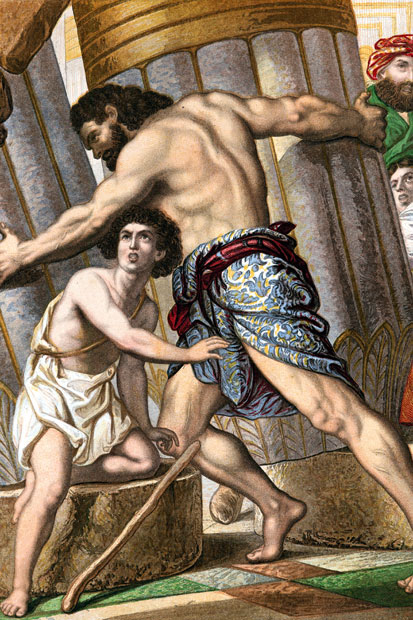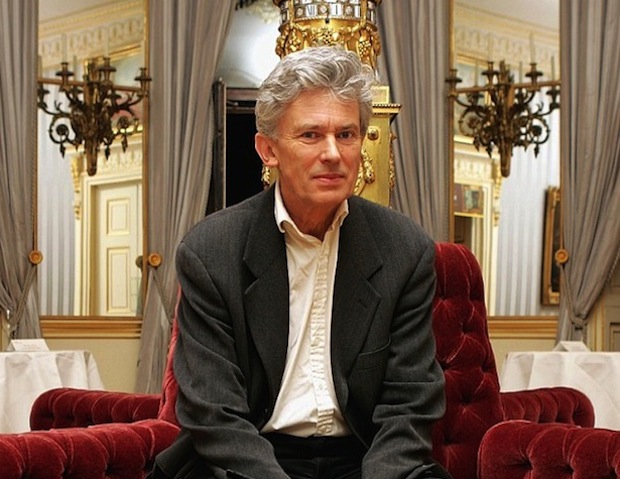Subscribers to this periodical, while Mark Amory has been literary editor, must often have felt they were enjoying an incomparable feast. Even The Spectator at its best, however, could not quite rival the periodical the Russian Herald (Russkii Vestnik) under the editorship of M.N. Katkov. This phenomenal editor, in the year 1866, secured serial publication of the two giants of Russian fiction.
Already a subscriber? Log in
Subscribe for just $2 a week
Try a month of The Spectator Australia absolutely free and without commitment. Not only that but – if you choose to continue – you’ll pay just $2 a week for your first year.
- Unlimited access to spectator.com.au and app
- The weekly edition on the Spectator Australia app
- Spectator podcasts and newsletters
- Full access to spectator.co.uk
Unlock this article
Available from the Spectator Bookshop, £8.54. Tel: 08430 600033. A.N. Wilson was literary editor 1981-83.
You might disagree with half of it, but you’ll enjoy reading all of it. Try your first month for free, then just $2 a week for the remainder of your first year.














Comments
Don't miss out
Join the conversation with other Spectator Australia readers. Subscribe to leave a comment.
SUBSCRIBEAlready a subscriber? Log in